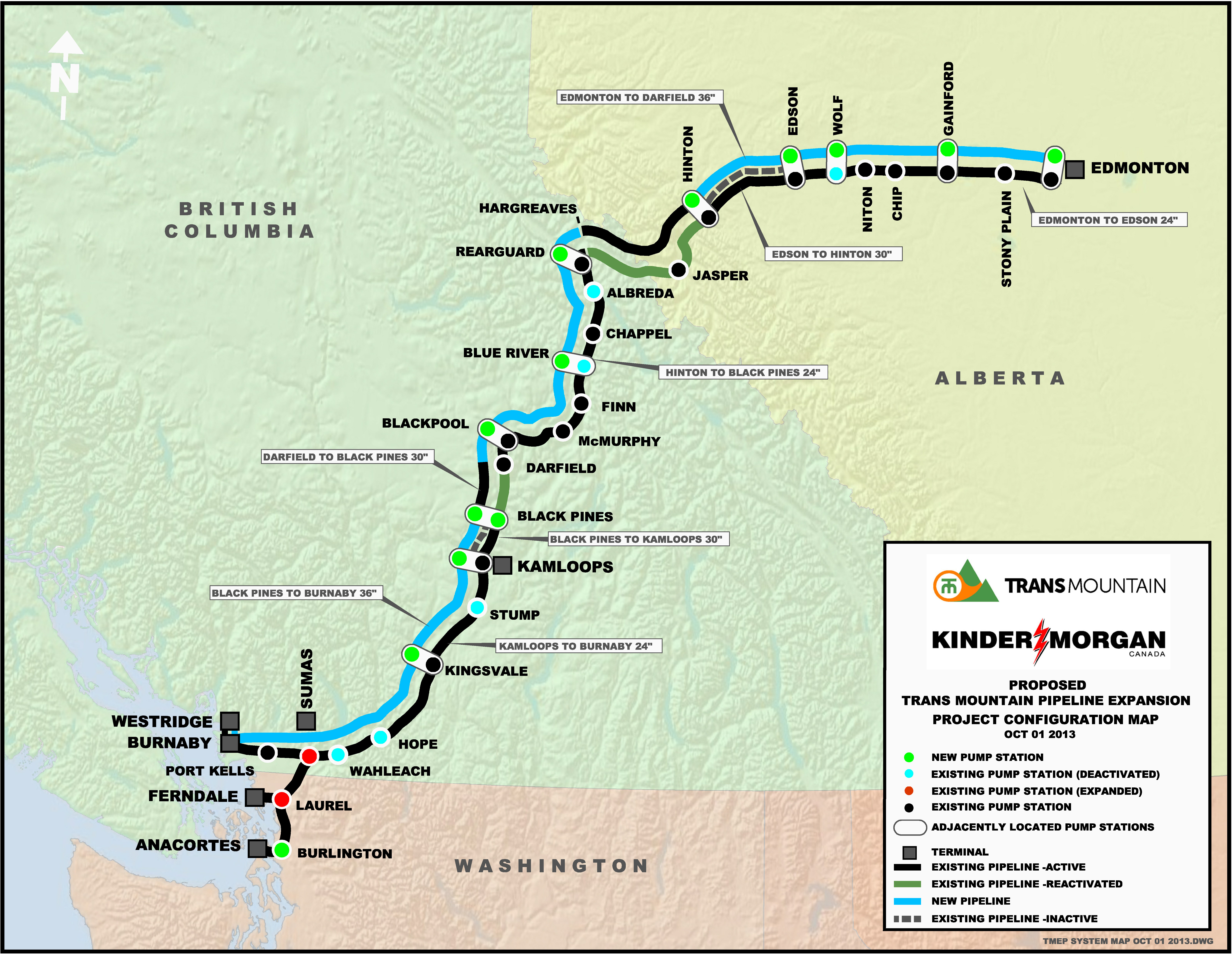The effects of shale and more efficient production will soon push annual energy production to the highest level in U.S. history. The previous record was set in 1970. Since then, particularly after the Arab Oil embargo of 1973, America became ever more dependent on imports — particularly of crude. However, OPEC no longer predominantly controls the supply of oil to the United States as it did for years. The trend also will put pressure on the ban on U.S. oil exports.
According to the U.S. Energy Information Administration’s Annual Energy Outlook 2014:
[R]ecent growth in domestic crude oil and natural gas production is expected to continue for many years. In 2016, crude oil production is expected to be close to the historical high of 9.6 million barrels per day, a record set in 1970.
And:
While domestic crude oil production is projected to level off and then slowly decline after 2020, natural gas production grows steadily, with a 56% increase between 2012 and 2040, when production reaches 37.6 trillion cubic feet.
In theory, these increases should decrease oil and gas prices over time, as supply reaches glut levels in some markets. This trend will be helped, the EIA reports, by a falloff in driving of cars and light trucks.
Congress banned oil exports without special licenses around the time of the Arab Oil embargo. The decision is obviously dated today. Even Energy Secretary Ernest Moniz has pressed the case to change the legislation. According to The New York Times:
“Those restrictions on exports were born, as was the Department of Energy and the Strategic Petroleum Reserve, on oil disruptions,” Mr. Moniz said in remarks to reporters at the Platts Global Energy Outlook forum. “There are lots of issues in the energy space that deserve some new analysis and examination in the context of what is now an energy world that is no longer like the 1970s.”
Such a decision would transform the oil and natural gas industry as U.S. energy companies would find a hungry market, particularly in regions that have started to become energy starved, like China, and those that have been starved for years, particularly Europe and Japan.
With the EIA data in hand, the proponents of energy exports have what should be the final weapon they need to reverse policies that are four decades old.
Is Your Money Earning the Best Possible Rate? (Sponsor)
Let’s face it: If your money is just sitting in a checking account, you’re losing value every single day. With most checking accounts offering little to no interest, the cash you worked so hard to save is gradually being eroded by inflation.
However, by moving that money into a high-yield savings account, you can put your cash to work, growing steadily with little to no effort on your part. In just a few clicks, you can set up a high-yield savings account and start earning interest immediately.
There are plenty of reputable banks and online platforms that offer competitive rates, and many of them come with zero fees and no minimum balance requirements. Click here to see if you’re earning the best possible rate on your money!
Thank you for reading! Have some feedback for us?
Contact the 24/7 Wall St. editorial team.



